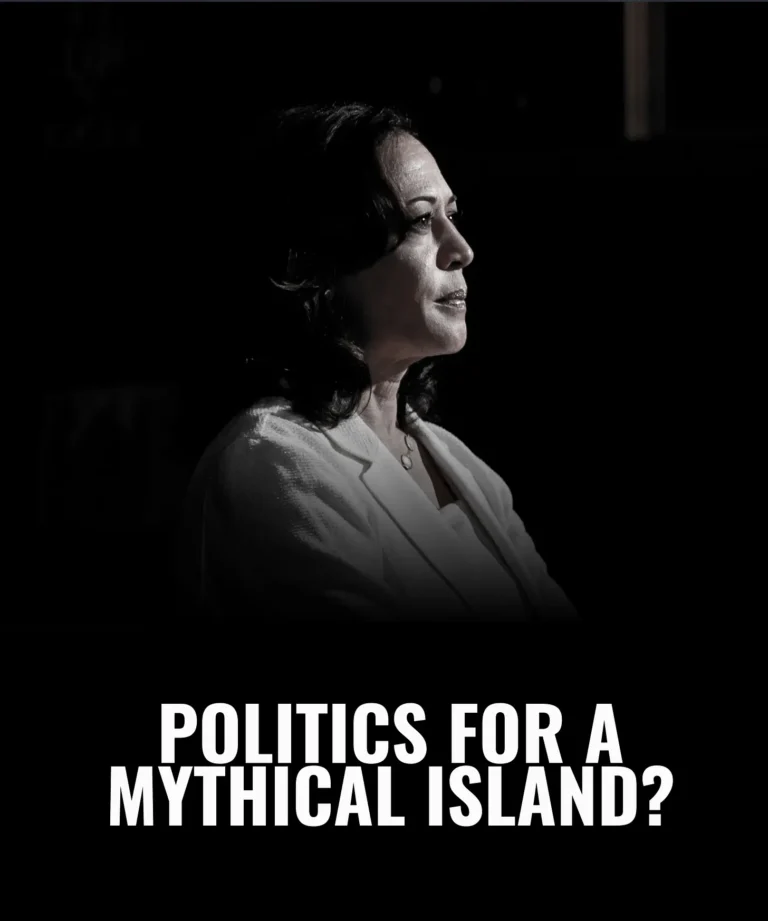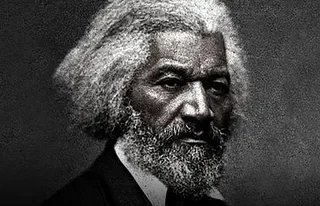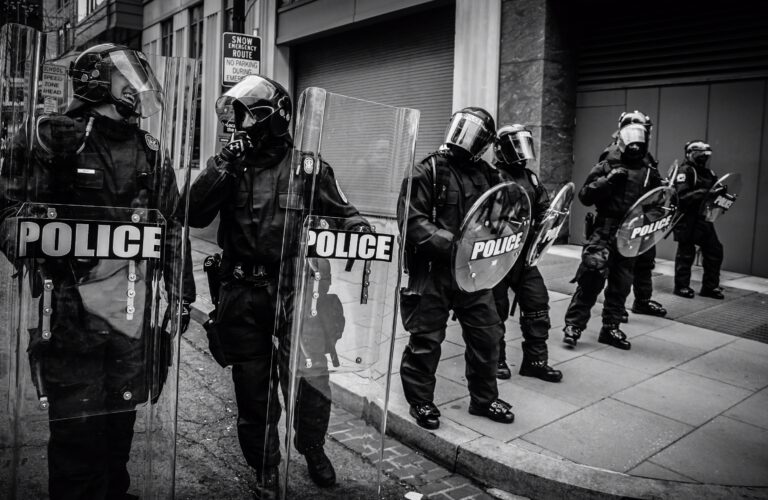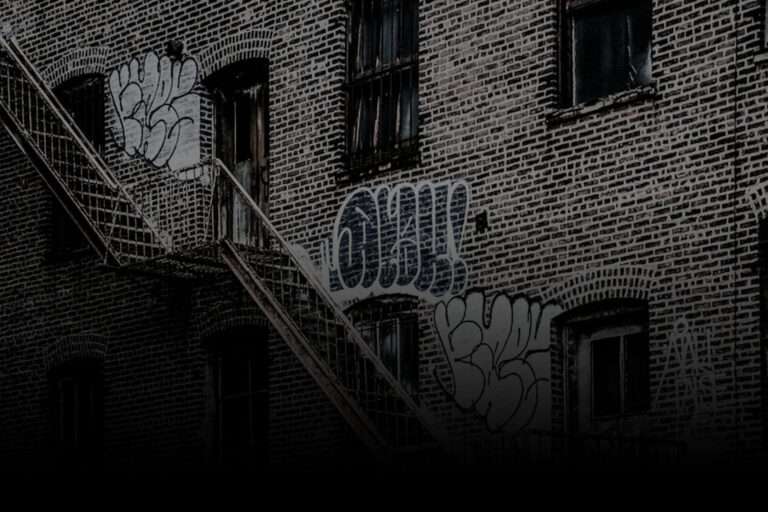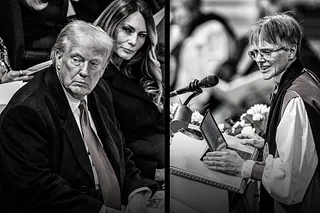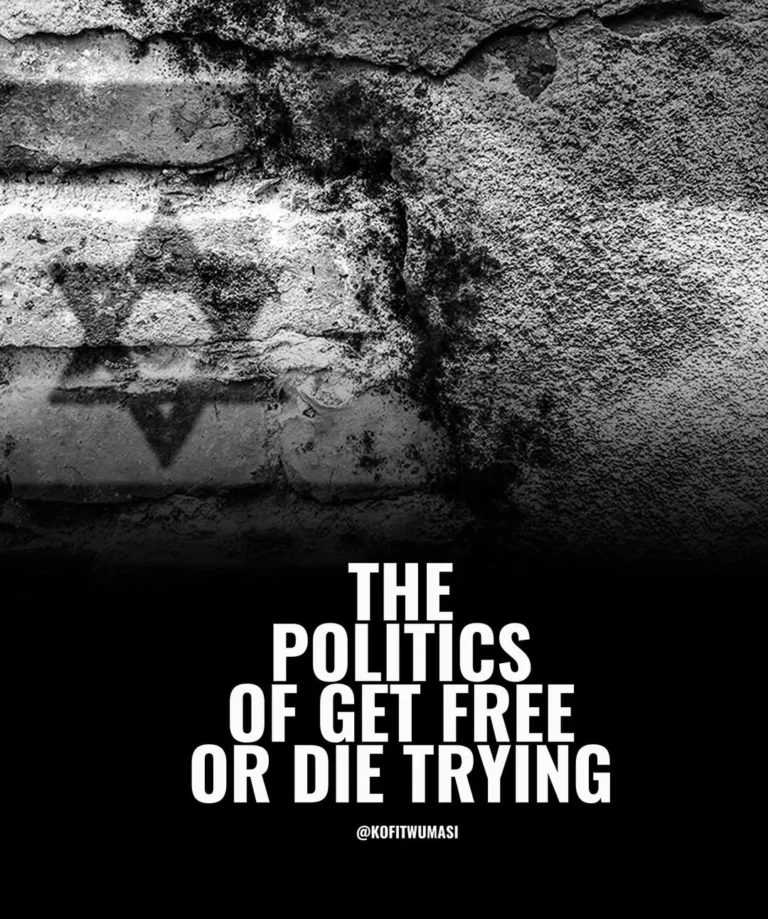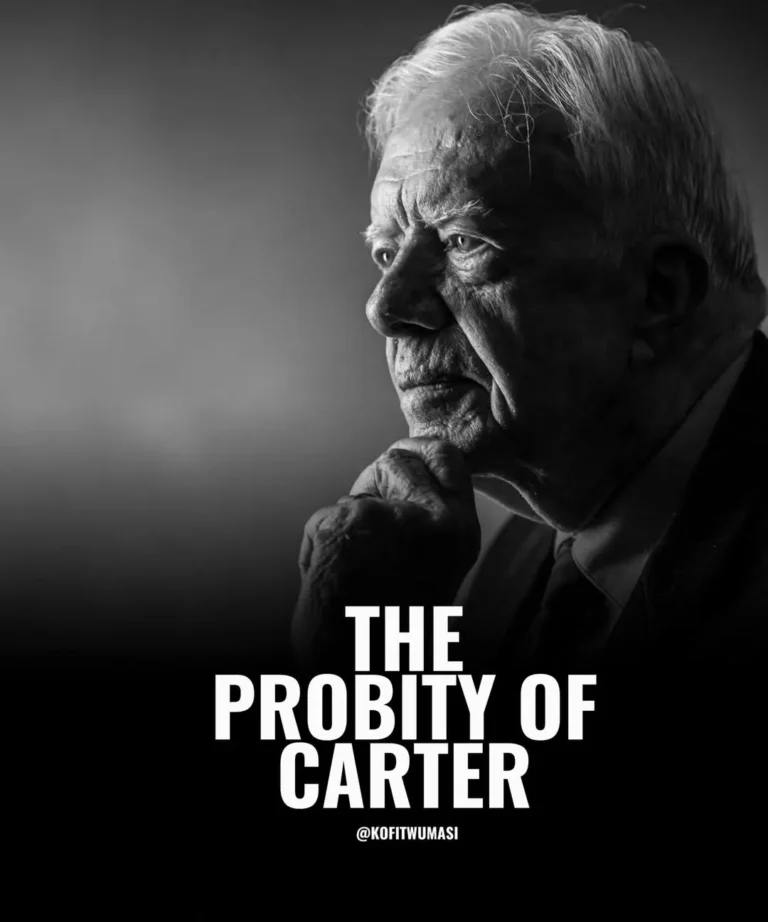Universal healthcare, when premised as a panacea for the short-circuited healthcare dispensation in the United States—which has woefully dispossessed persons of premium healthcare, is periodically portrayed as a mythical polity, for a mythical island, not suitable for these shores of the United States of America.
The woeful gospel: American taxpayers’ monies are laundered and expended on self-serving defense funds at an outlay of $886 billion (estimated)—when equally, the stark repugnant fattening of the purse on hegemonic unending warfare, could be funneled into a universal healthcare polity, that would minify the social failings rampant among the rank and file.
Does the Harris-Walz ticket wholly stand by the notion that healthcare is a right, not a privilege? Kamala owes an ambit of illumination, as her inked polities defy her elocuted stance of healthcare being merited as a parcel of the bill of rights.
The aspirational sketch of Black excellence and gender achievement colored in for Kamala, in linkage toward her run for the executive office, should not abate the critical parsing of her polities—especially, when a tenable parsing of her rhetoric, attempts to serve the deceptive purposes of voter bloc ingratiation, for the seizing of the executive office.
Political soundbites should not be debased on the cornered corridors of the metaphysical realm, for the subsequent unleashing of the theatre of the absurd, once the holy grail of the executive office is achieved.
